As brands invest a lot of money into Google Ads and SEO, some are not seeing any results or success with their existing strategies.
With over 2.5 billion searches happening daily, it’s no surprise that Google is one of the most prominent players in the internet game.
Thus, companies flock to the platform, hoping to intercept the traffic, leading to paying customers.
This article discusses why your website might not be ranking on Google and what you can do about it.
The 5 most common reasons your website isn’t ranking in Google
1) You don’t have enough backlinks to your site
In today’s internet world, backlinks are an essential part of a website. As per Google, backlinks are responsible for up to 80% of your ranking.
The problem is that gaining high-quality links on your own can be challenging. That’s where link-building agencies or SEO consultants come in.
You could have been too busy to create content, or your site could not be SEO-friendly. But the most common reason would be that you don’t have enough time to dedicate to link building.
If you’re more of a DIY person, you could utilise a tool like SEMRush or Ahrefs to find link opportunities to take action on them.
Here are a few link-building strategies to give you some ideas.
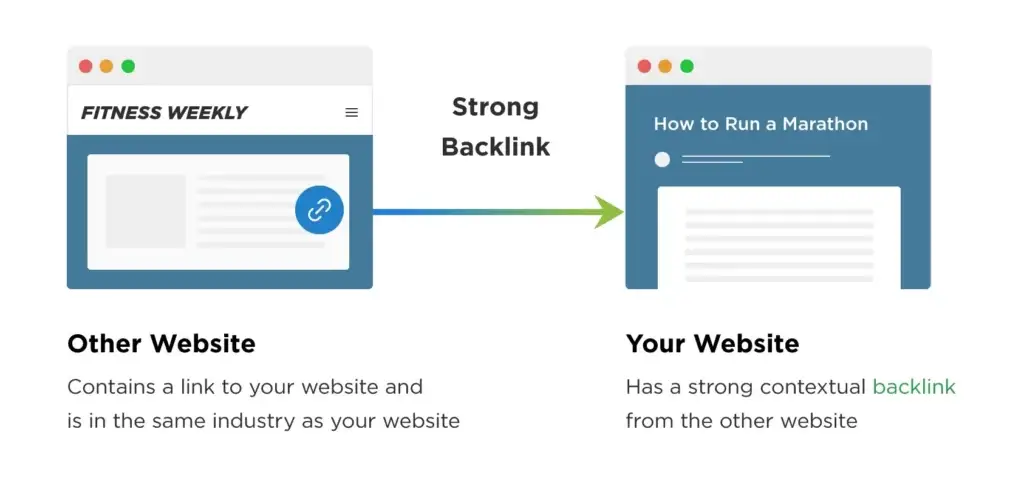
2) Your site is not mobile-friendly
Mobile-optimised websites are essential for SEO. They help to provide a better user experience and increase the chances of converting.
The main reason you need to optimise your site for mobile is because of Google’s mobile-friendly update in 2015. This update aimed to penalise sites that do not offer an excellent mobile user experience.
The majority of people use their mobile devices to browse the internet. These days, it is essential for any website to be mobile-friendly.
Mobile websites are not just a trend anymore; they are becoming a necessity for any business that wants to stay relevant in the digital world.
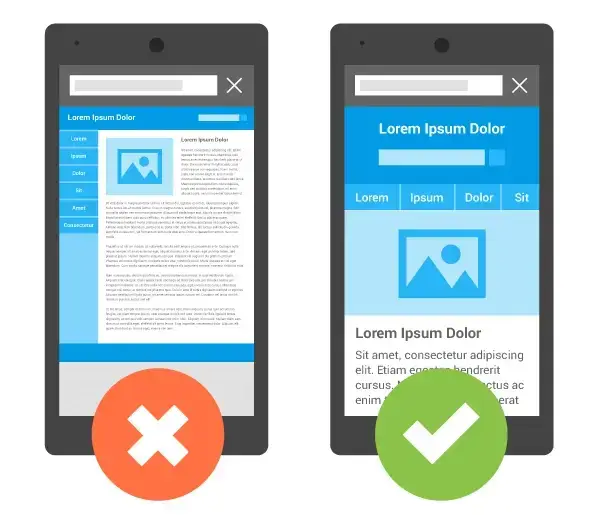
3) Your content is not optimised for search engines
The key to SEO lies in keywords – they are what people use to find websites on search engines.
Keywords should be used throughout your content so that when people are searching for them, they can find your page more easily.
The most important thing you can do to improve your search engine rankings is to optimise your content for search engines. This includes making sure that it has:
Optimised Keywords
The notion of SEO keywords is an essential part of SEO, and it refers to words or phrases used to describe a website, blog post, article, product page, etc.
Webmasters and content creators often use these words and phrases to help search engines categorise and index their pages to find them more easily online.
Optimised Headings
Headings are a fundamental part of SEO. They describe the content and make it easier for search engine spiders to index your site.
There are many different types of headings, but the three most common ones are h1, h2, and h3.
Headings are a great way to improve the readability of your content. They also help readers find what they are looking for.
- H1 is the most important heading on your page, so it should be used only once.
- H2 headings should appear once per section or subsection within the body of your document.
- H3 headings should appear once per central point or topic within a section or subsection.
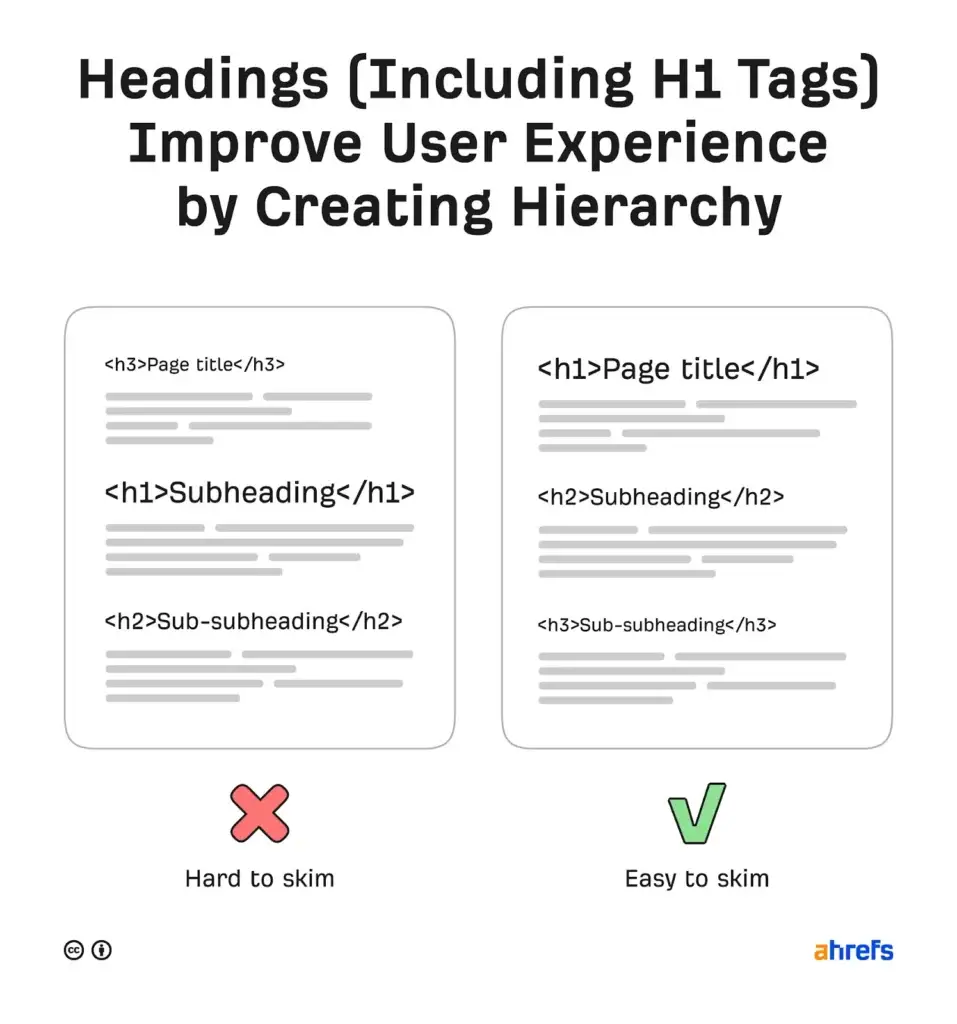
Optimised meta titles and descriptions
Meta titles and descriptions are the snippets of text that appear on search engine results pages. They are often the first thing people see when they get to your page.
They should be concise, descriptive, and keyword rich. If you want to optimise them for Google, focus on injecting your main keywords.
And optimised alt tags
Alt tags are an important part of search engine optimisation. They are used to describe images and give them context.
The alt tag is a crucial component of the meta tags, including title tags, description tags, and keywords.
Alt tags should be unique to the image they describe and not duplicated across multiple images. The best way to optimise your alt tags is to ensure they contain relevant keywords that help users find the image in a search engine.
4) You’re using the wrong keywords in your content.
If you are seeing lower search engine rankings, fewer visitors to your site and less traffic coming from Google, Yahoo, or Bing, then it is possible that you have the wrong keywords on your website.
The best way to find out is by using a keyword research tool. This will help you identify which keywords drive the most traffic for your competitors and how to get on top of them.
Many tools can be used for keyword research, like Semrush or Ahrefs. These tools can help you discover what people are searching for concerning your products or services.
You may not know what keywords potential customers are typing into search engines to find products like yours, but these tools will tell you exactly what they are.
5) Your website is too slow, and it does not have HTTPS
A slow website can hurt your SEO rankings.
Slow loading times (if it takes longer than four seconds to load a page) and a lack of responsiveness can cause visitors to bounce off your site and visit a competitor’s page.
There are many reasons for slow loading times, but the most common is that your site is trying to load too many things simultaneously.
This includes too many plugins on the site or insufficient server power when running a high-traffic website.
It has been long established that website speed is one of the critical metrics contributing to the overall user experience, which Google considers a significant ranking signal (now a core vital).
Some tools can help you measure the loading speed of your website.
One of them is Google Page Speed Insights, which estimates how quickly a page will load on desktop and mobile devices, as well as suggestions for improving performance.
HTTPS stands for Hypertext Transfer Protocol Secure, a protocol that encrypts data sent to and from websites.
Without HTTPS (a.k.a. SSL Certificates), someone could intercept the traffic between your computer and the website you’re visiting, which means they could steal information like passwords or credit card numbers.
The SSL certificate is a digital signature that provides authenticity and data encryption. This is what makes it important for SEO rankings.
It provides trust to the website by proving it is a legitimate site with no malware or viruses. It also ensures that a third party does not intercept the site’s content when someone is inputting their billing details.
Some hosting providers charge you extra for SSL certificates per website. That’s why I choose Cloudways because each SSL certificate is free with an unlimited number of websites per server.
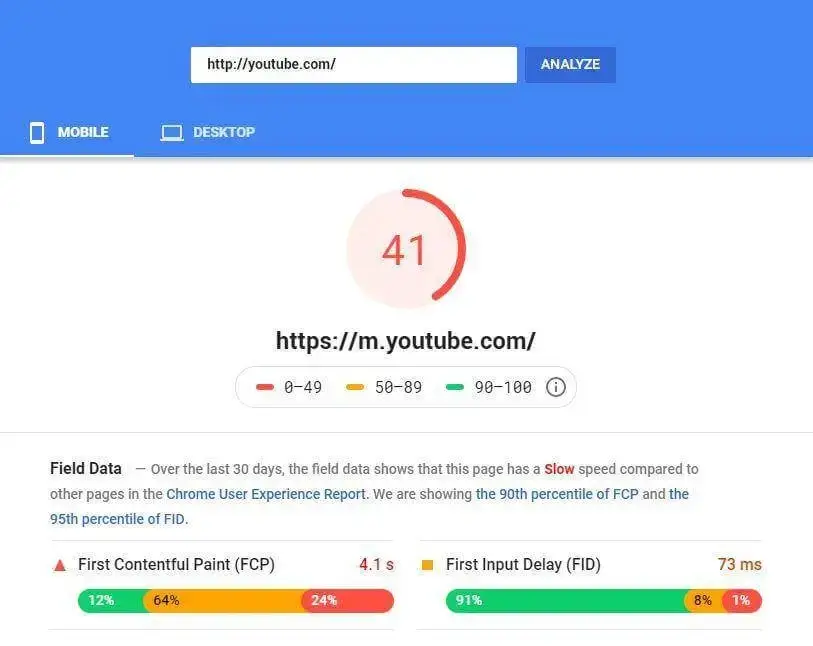
Creating an SEO strategy: is it worth your time?
It is never too late to start. SEO is a long-term process, and it starts with a plan. You need to figure out what you want to do, and then you need to build on that plan with incremental changes over time.
As you’ve gathered, it is essential to have an SEO strategy to be successful online.
Without a strategy, you are likely to get lost in the vast amount of content that is available on the internet. You will also not know how and where to put your content for maximum exposure.
Many tools can help you create an SEO strategy if you are unsure where to start. See the Semrush suggestion higher up in this article.
These tools will help you identify the keywords that your target audience is searching for, and they will also help you identify the content that needs improvement for your site to rank higher in search engine results pages (SERPs).
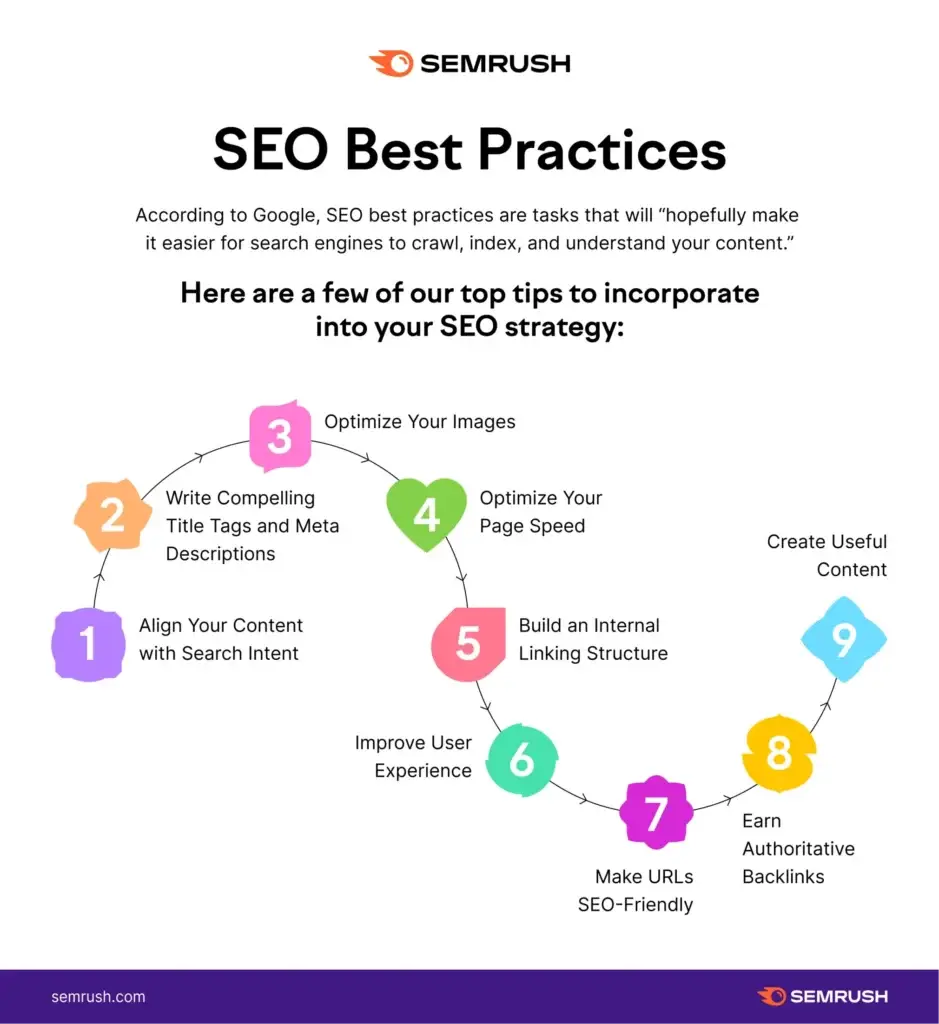
Solving the mystery of why you’re not ranking higher on Google
Google has been around for over 20 years, and it is the most popular search engine in the world. The tech giant is constantly evolving and improving its search algorithm to serve its users better.
As you can see, there’s no way around it. If you want your business to thrive online and your website to perform well, you need to start optimising your website for SEO.
You will have to implement proven strategies that require time and effort. But there are many people to give you a helping hand, too.
Consider outsourcing your SEO if you’ve got the budget for it, or spend some time learning the basics to use it for your business.

